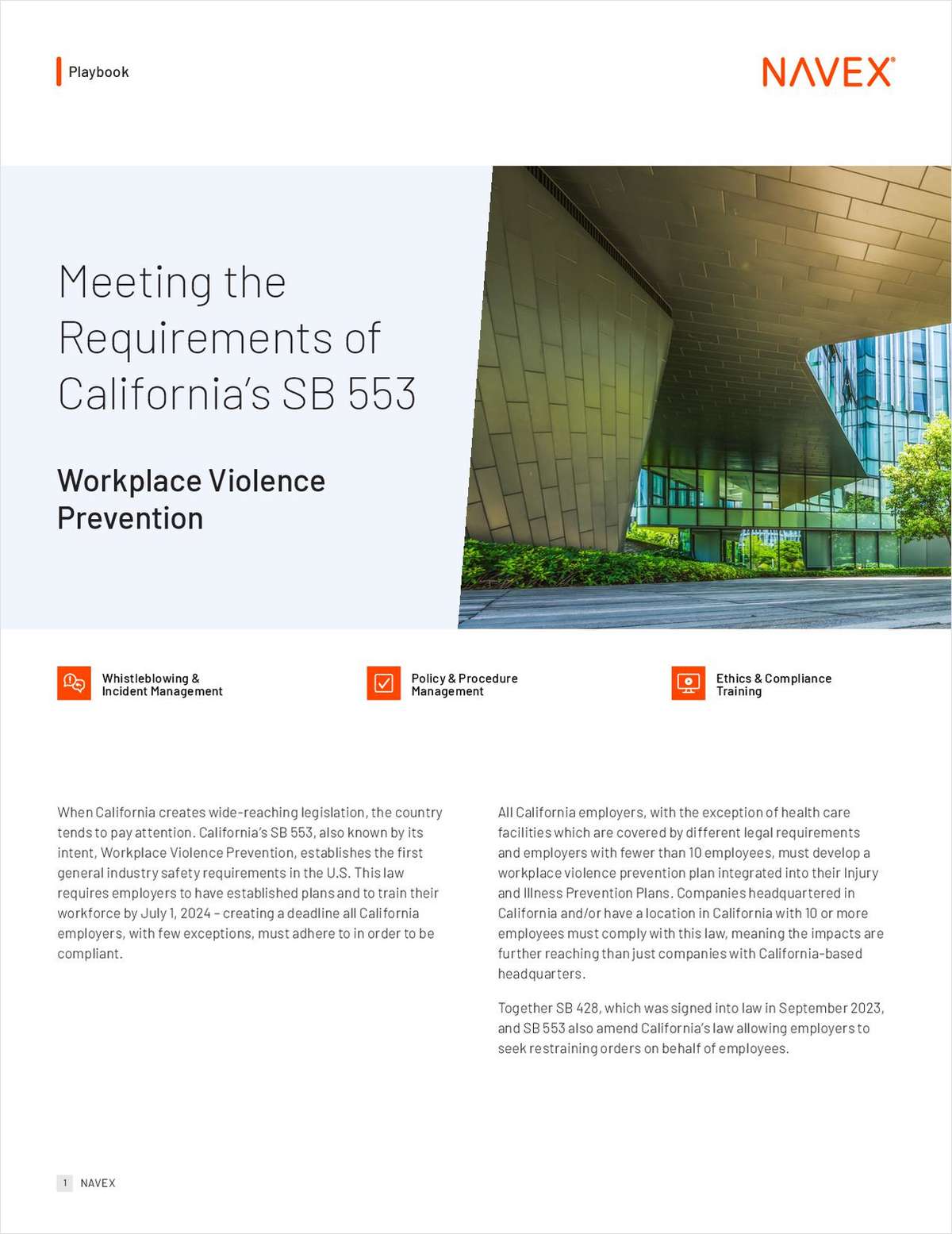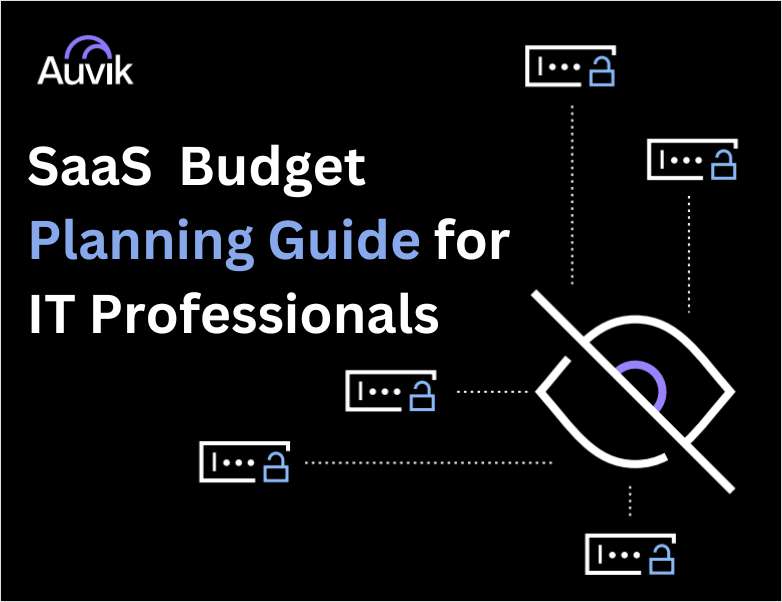 Paul Hastings offices in Washington. D.C. Photo: Diego M. Radzinschi / ALM
Paul Hastings offices in Washington. D.C. Photo: Diego M. Radzinschi / ALM'Snowballed Into a Full-Blown Crisis': Lawyers See Compliance Risks Amid Pandemic Response
The heightened risk of corruption has come as the novel coronavirus has upended everyday life and complicated the work of compliance teams tasked with heading off overseas bribery and other corporate misdeeds.
March 25, 2020 at 02:56 PM
4 minute read
The original version of this story was published on National Law Journal
Companies around the world are confronting new risks of corporate misconduct in the rush to respond to the coronavirus outbreak, a global pandemic that has presented pitfalls as cost-cutting and other priorities threaten to undercut compliance programs.
In the scramble to address the global health crisis, governments and companies have been coordinating on the approval and distribution of potential treatments, medical equipment and other necessary products, leaving fertile ground for corruption in the space between the public and private sectors.
The heightened risk of corruption—including extortion by government officials—has come as the coronavirus has upended everyday life and complicated the work of compliance teams tasked with heading off overseas bribery and other corporate misdeeds.
Meanwhile, for many companies, the coronavirus crisis has posed an existential threat requiring them to address other pressing priorities.
"There's just a lot of other issues that are top-of-mind," said King & Spalding partner Jason Jones.
"It's certainly true that internal compliance folks just aren't able to focus as much as they did, maybe three weeks ago, on anti-bribery issues," he added.
Jones, speaking Wednesday on a webinar hosted by the Wall Street Journal, envisioned a whistleblower at a pharmaceutical raising concerns internally about an improper interaction with a government official. With travel restrictions and governments ordering lockdowns, Jones said companies and their lawyers would face challenges investigating the tip as thoroughly as they otherwise would, allowing the issue to "fall by the wayside" amid the disarray.
"The problem there, obviously, is it starts to fester and the problem gets worse. The DOJ … they have 5-year-olds running into video calls too, but they expect a certain amount of attention to emergent issues and general compliance," Jones said. "And I think it is a risk if the global market continues to be disrupted, as companies are still scrambling, that those issues will grow because perfect is the enemy of the good. So I think we all should remember that and try as best as we can to play whack-a-mole like we usually do."
Nathaniel Edmonds, a Paul Hastings partner who leads the firm's litigation practice in Washington, said layoffs and cuts to companies' compliance teams risk setting programs back for years to come.
"That will have an impact in the long run," Edmunds said, "because compliance builds on itself. It has its own momentum."
"If you slam on the brakes, it's really hard to get it restarted and it will make it much harder when this current situation passes and we move to a different type of normal," he added.
The coronavirus has rocked global markets, sending stock prices into a nosedive. With that market upheaval has come a rise in corporate deal-making, as companies look for low-valued acquisition targets.
That atmosphere, combined with the complications coronavirus has introduced to working life, creates risks that companies will not conduct appropriate due diligence reviews.
Regardless of whether companies are well-positioned or entering a deal "in more of a damage control, stop-the-bleeding mode," Jones said, "one of the issues either way is that—as we continue to have a populous who is scared and panicked—that corners get cut."
"The chaos takes over, so what normally would have been appropriate due diligence—whether before an acquisition or after—isn't done, because you're just turning to the next thing. Something else catches on fire and you have to move to it," he added, describing acquisitions and other investments as an "increasing risk that merits scrutiny."
With much of the global workforce largely homebound, Jones said it seems sometimes "like we're sitting in a blizzard."
But what began as a temporary distraction, he said, "has really snowballed into a full-blown crisis," one without a clear end in sight.
"Unlike the blizzard," he said, "you don't really have any ability to predict when it's going to melt—when things are going to go back to normalcy."
This content has been archived. It is available through our partners, LexisNexis® and Bloomberg Law.
To view this content, please continue to their sites.
Not a Lexis Subscriber?
Subscribe Now
Not a Bloomberg Law Subscriber?
Subscribe Now
NOT FOR REPRINT
© 2024 ALM Global, LLC, All Rights Reserved. Request academic re-use from www.copyright.com. All other uses, submit a request to [email protected]. For more information visit Asset & Logo Licensing.
You Might Like
View All

'Frivolous Case'?: Greenberg Traurig Praises Dismissal of Foreign Terrorism Complaint Demanding $9B
2 minute read
What Judicial Nominations Could Look Like Under a President Harris or Trump

Smith Argues Trump's Election Interference Was a 'Private Criminal Effort'
3 minute readLaw Firms Mentioned
Trending Stories
- 1The Law Firm Disrupted: Playing the Talent Game to Win
- 2A&O Shearman Adopts 3-Level Lockstep Pay Model Amid Shift to All-Equity Partnership
- 3Preparing Your Law Firm for 2025: Smart Ways to Embrace AI & Other Technologies
- 4BD Settles Thousands of Bard Hernia Mesh Lawsuits
- 5A RICO Surge Is Underway: Here's How the Allstate Push Might Play Out
Featured Firms
Law Offices of Gary Martin Hays & Associates, P.C.
(470) 294-1674
Law Offices of Mark E. Salomone
(857) 444-6468
Smith & Hassler
(713) 739-1250










